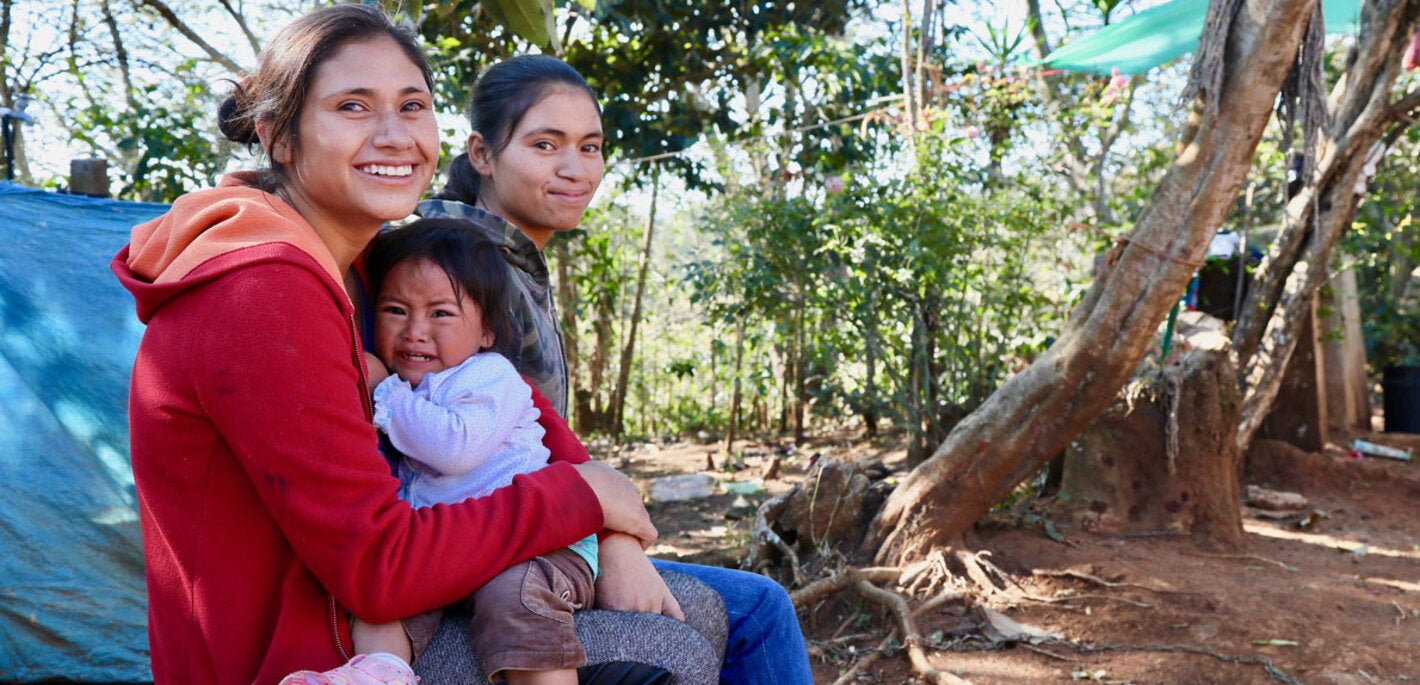
Twelve research projects have been awarded grants following a 2019 call for applications to conduct research on sexual and reproductive health and rights, infectious diseases of poverty and the health systems response linked to the current mass migration in the Americas.
Mass migration is an intensifying reality in the region of the Americas. In particular, two simultaneous mass migratory phenomena have recently gained attention: migration from Central America towards North America (Canada, Mexico, and the United States), and the migration from Venezuela to neighbouring South American and Caribbean countries. This mass migration has raised challenges for migrants to maintain their health and well-being and also for host countries facing particular pressures on their health systems.
The rationale behind these research grants is to strengthen local research capacity and evidence generation. They will approach the current mass migration in a way that holistically encompasses sexual and reproductive health and rights (SRHR) and infectious diseases of poverty, especially among women and girls, within the health systems. This approach should help ensure that new or improved knowledge supports a strengthened health systems response on sexual and reproductive health and rights issues and infectious diseases linked to mass migration in the Americas.
Research Grant Supporters
- UNDP/UNFPA/UNICEF/WHO/World Bank Special Programme of Research, Development and Research Training in Human Reproduction (HRP)
- UNICEF/UNDP/World Bank/WHO Special Programme for Research and Training in Tropical Diseases (TDR)
- Alliance for Health Policy and Systems Research (AHPSR)
In collaboration with:
- WHO Regional Office for the Americas - the Pan American Health Organization (PAHO) in partnership with the Latin-American Perinatology, Women and Reproductive Health Center (CLAP/PAHO)
- Centro de Pesquisas em Saúde Reprodutiva de Campinas (CEMICAMP), Brazil, a regional research capacity strengthening hub for the HRP Alliance.
Each of the partners brings policy and technical expertise in supporting the projects that will be funded by the grant programme. The initiative is also supported by the UK Department for International Development (DFID).
The selected proposals, pending ethics approvals from PAHO Ethics Review Committee and local committees as necessary, are:
- Brasil, Universidade Federal do Espírito Santo / Ethel Leonor Noia Maciel: Strategies to deal with HIV and syphilis among migrant women: The case of Brazil
-
Colombia, Fundación Universidad del Norte / Julián Alfredo Fernández Niño: Access to comprehensive abortion care and sexual and reproductive health and rights among migrant women in Colombia
-
Colombia, Universidad del Valle / Constanza Díaz Grajales: Sexual and reproductive health needs and practices among migrant population in Santiago de Cali, Colombia
-
Colombia, Corporación Universitaria Minuto de Dios (UNIMINUTO) / Jair Eduardo Restrepo Pineda: Perceptions, behaviours, and unmet needs in sexual health of Venezuelan migrant sex workers in Colombia
-
Colombia, Fundación Info Vida / Elsa Marina Rojas Garrido: Risk factors, perceptions, social practices, access to sexual and reproductive health services, and HIV resistance among Venezuelan migrants
-
República Dominicana, Universidad Iberoamericana / Robert Paulino Ramírez: Sexual and reproductive health and rights of Venezuela migrant women sex workers in Dominican Republic
-
Ecuador, Universidad Católica del Ecuador / Susana Guijarro Paredes: Sexual and reproductive health service utilization among Venezuelan migrant women in Quito, Ecuador: Situational analysis
-
El Salvador, Ministry of Health / Nelly Patricia Alvarado Ascencio: Challenges faced by El Salvador in complying with WHO guidelines on migration and health
-
Guatemala, Population Services International Guatemala / Paola Letona: Exploratory study of the sexual and reproductive health of migrant women and girls from the Northern Triangle (“Triángulo Norte”)
-
México, El Colegio de México / Nathaly Llanes Díaz: Sexual practices, healthcare, and reproductive behaviours of Central American migrants in the Northern Mexican border
-
México, Instituto Nacional de Salud Pública / Antonia Herrera Ortiz: Syphilis and sexually transmitted infections among migrants in Chiapas
-
Perú, Universidad Peruana Cayetano Heredia / Jaime Miranda: Responsive and accessible sexual and reproductive health services for migrant women in Peru



